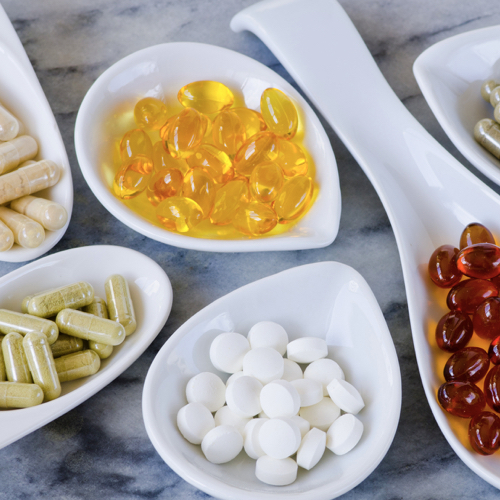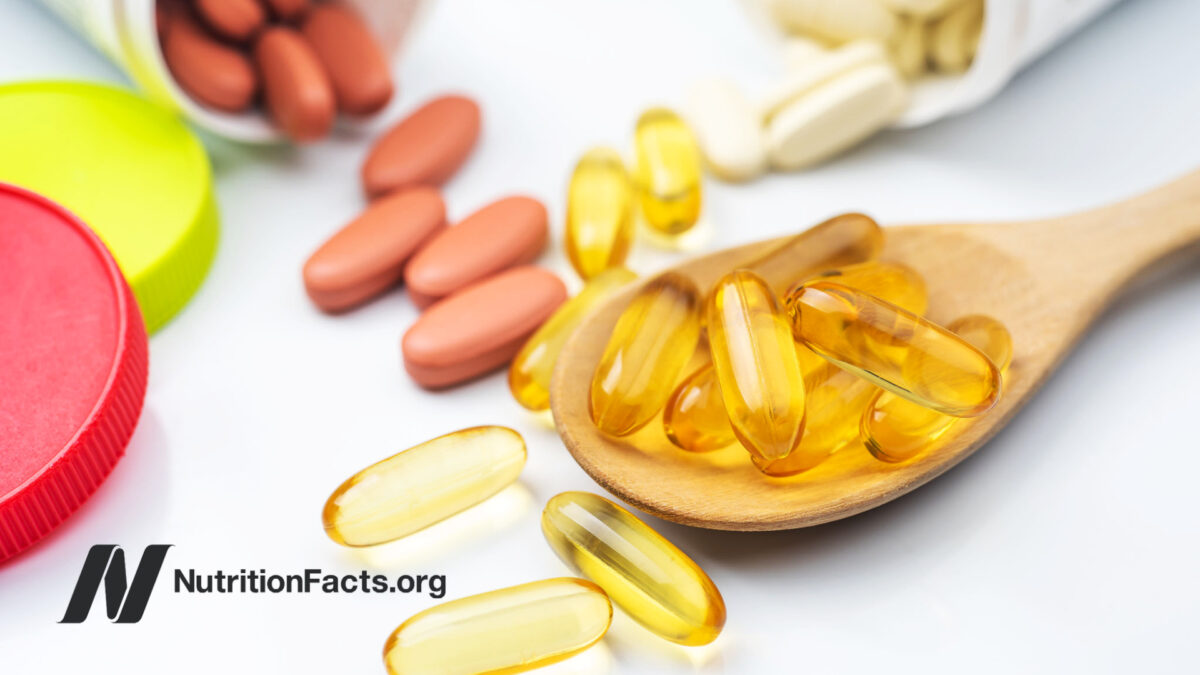
Supplements
Popping a pill is easier than eating an apple, so should we take supplements?
Generally speaking, Mother Nature’s powers cannot be stuffed into a pill. Studies have repeatedly shown that antioxidant supplements, for example, do not seem to have any beneficial effects on respiratory or allergic diseases, underscoring the importance of eating whole foods rather than trying to take isolated components or extracts in pill form. The Harvard Nurses’ Health Study, for example, found that women who obtained high levels of vitamin E from a nut-rich diet appeared to have nearly half the asthma risk of those who didn’t, but those who took vitamin E supplements saw no benefit at all. Who do you think did better? Asthma patients who ate 7 daily servings of fruits and vegetables, or those who ate 3 servings plus 15 “serving equivalents” in pill form? Sure enough, the pills didn’t seem to help at all. Improvements in lung function and asthma control were evident only after subjects increased their actual fruit and vegetable intake, strongly suggesting that consuming whole foods is paramount.
By getting our nutrients from unprocessed plant foods, not only may we minimize exposure to harmful food components, such as sodium, saturated fat, and cholesterol, but we may maximize our intake of nearly every required nutrient: vitamin A carotenoids; vitamin C; vitamin E; the B vitamins, including thiamin, riboflavin, and folate; as well as magnesium, iron, and potassium, not to mention fiber.
However, given our modern lifestyles, important shortfalls need to be corrected. For example, vitamin B12 is not made by plants; it’s made by microbes blanketing the earth. But in this sanitized modern world, we now chlorinate the water supply to kill off any bacteria. While we don’t get much B12 in the water anymore, we don’t get much cholera either—that’s a good thing! Similarly, we evolved to make all the vitamin D we need from the sun, but most of us are no longer running around naked all day in equatorial Africa.
Thus, I recommend a regular, reliable source of vitamin B12 for anyone eating a plant-based diet: for those 65 and younger, 2,000 mcg (μg) vitamin B12 in the form of cyanocobalamin at least once a week (or 50 mcg a day), and up to 1,000 mcg daily if over 65. I also recommend that people unable to get sufficient sun take one 2,000 IU vitamin D3 supplement daily, ideally with the largest meal of the day.
For substantiation of any statements of fact from the peer-reviewed medical literature, please see the associated videos below.
Image Credit: Pat_Hastings / Thinkstock. This image has been modified.
Popular Videos for Supplements

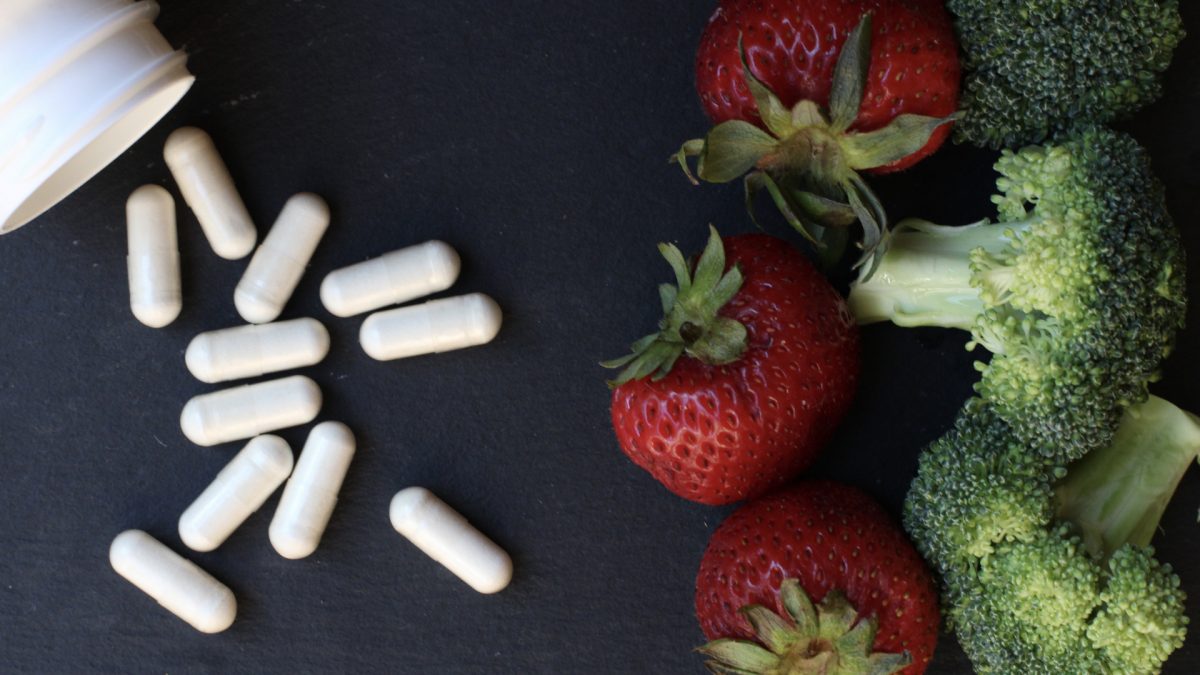
Culture Shock – Questioning the Efficacy and Safety of Probiotics
In certain medical conditions, probiotic supplements may actually make things worse.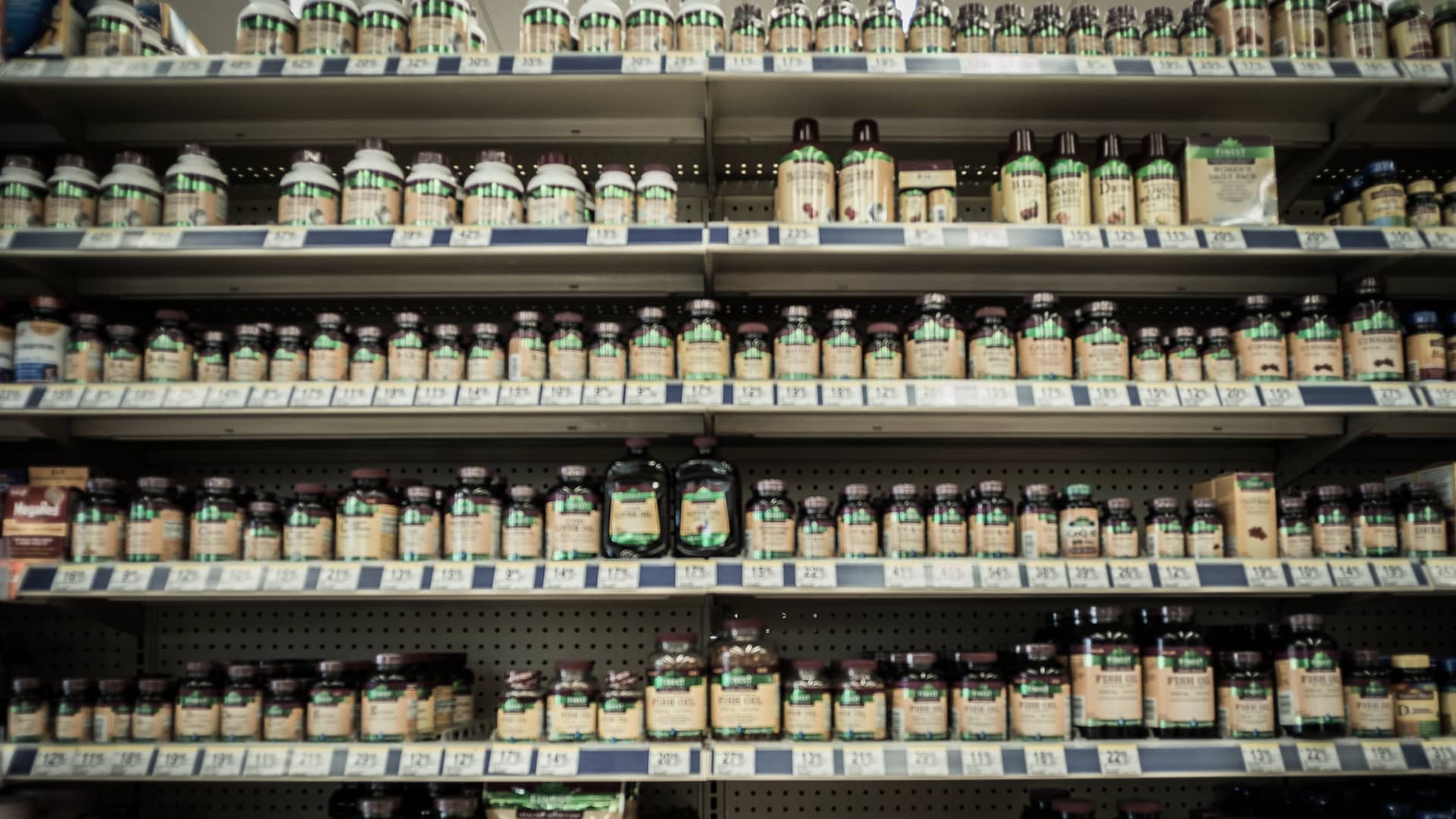
Dangers of Dietary Supplement Deregulation
The majority of dietary supplement facilities tested were found noncompliant with good manufacturing practices guidelines.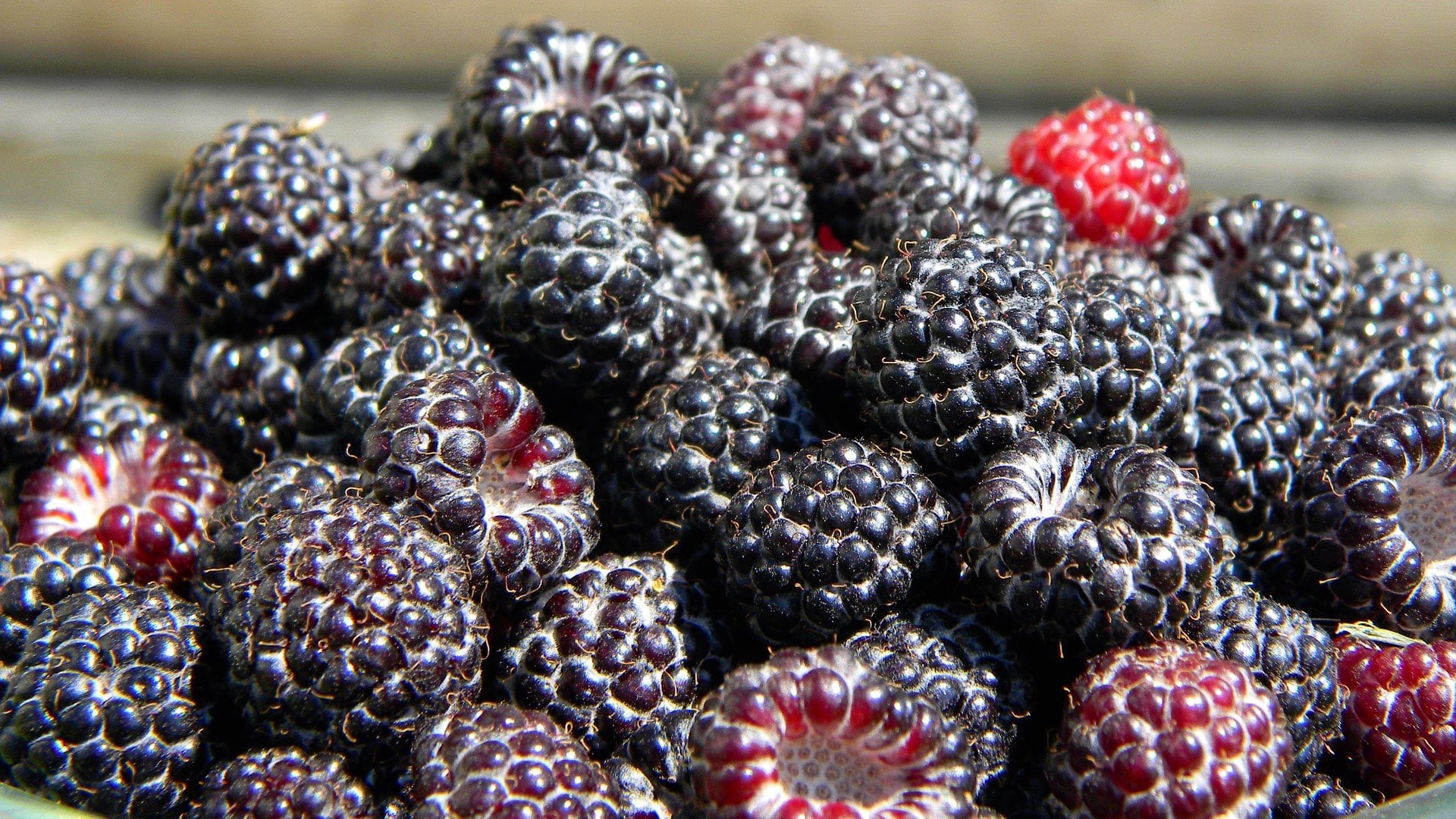
Black Raspberry Supplements Put to the Test
Less than half of herbal supplements tested from a dozen companies were found to be...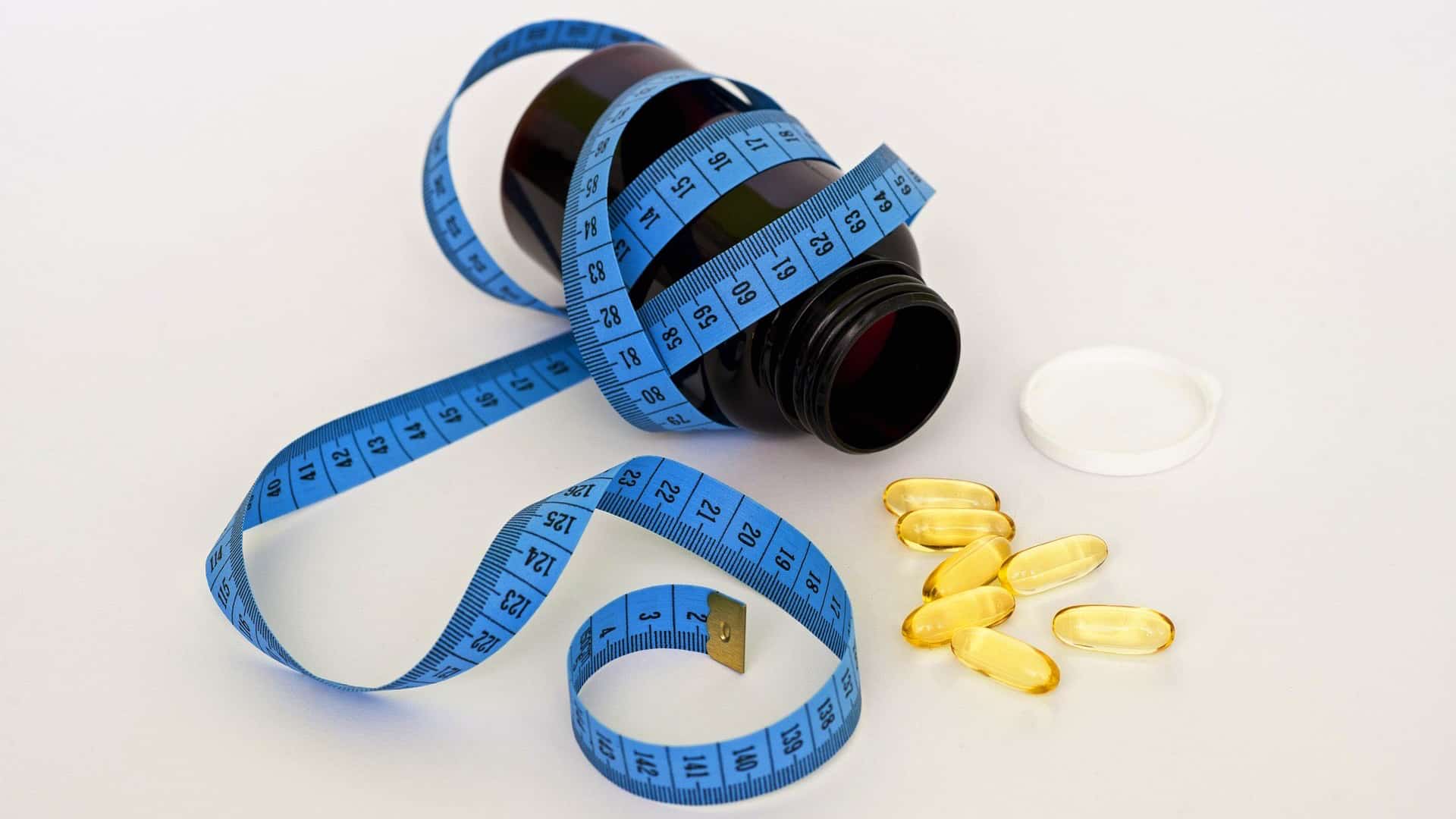
Do Vitamin D Supplements Help with Diabetes, Weight Loss, and Blood Pressure?
Those with higher vitamin D levels tend to have lower rates of obesity, diabetes, and...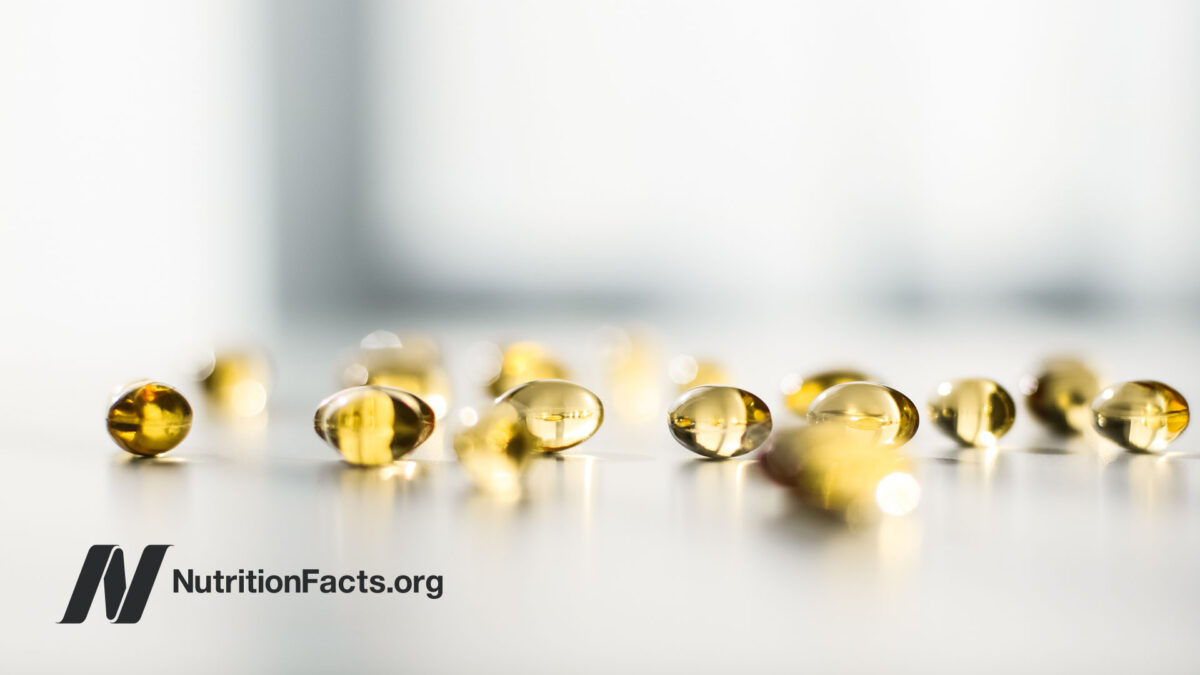
Do Vitamin D Supplements Reduce the Risk of Dying from Cancer?
Sun exposure is associated with lower rates of 15 different cancers and improved cancer survival....
Should Vegans Take DHA to Preserve Brain Function?
Learn why I recommend 250mg a day of a pollutant-free source of long-chain omega-3 fatty...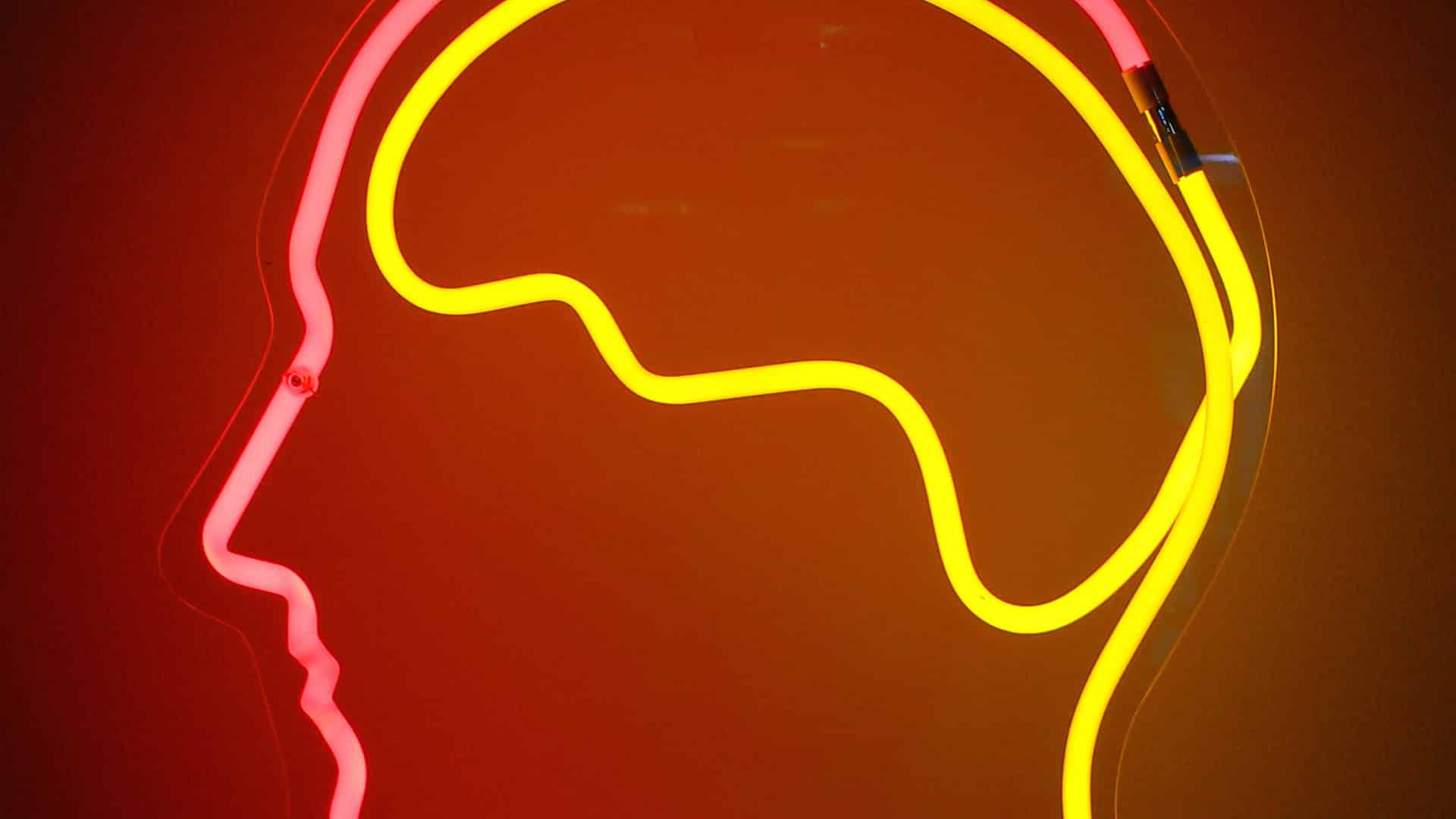
Should We Take DHA Supplements to Boost Brain Function?
Overt omega-3 deficiency is rare, but do short-term experiments on cognitive function suggest there might...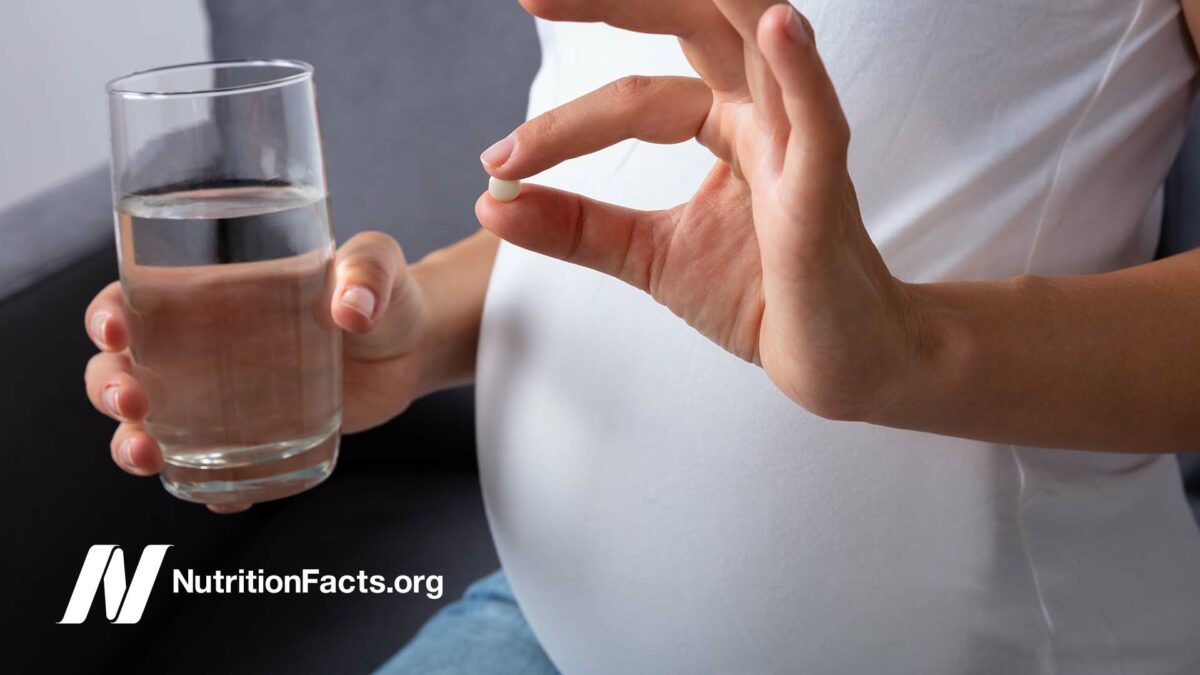
Iodine Supplements Before, During, and After Pregnancy
What is the evidence that all pregnant women should follow the American Thyroid Association’s recommendation...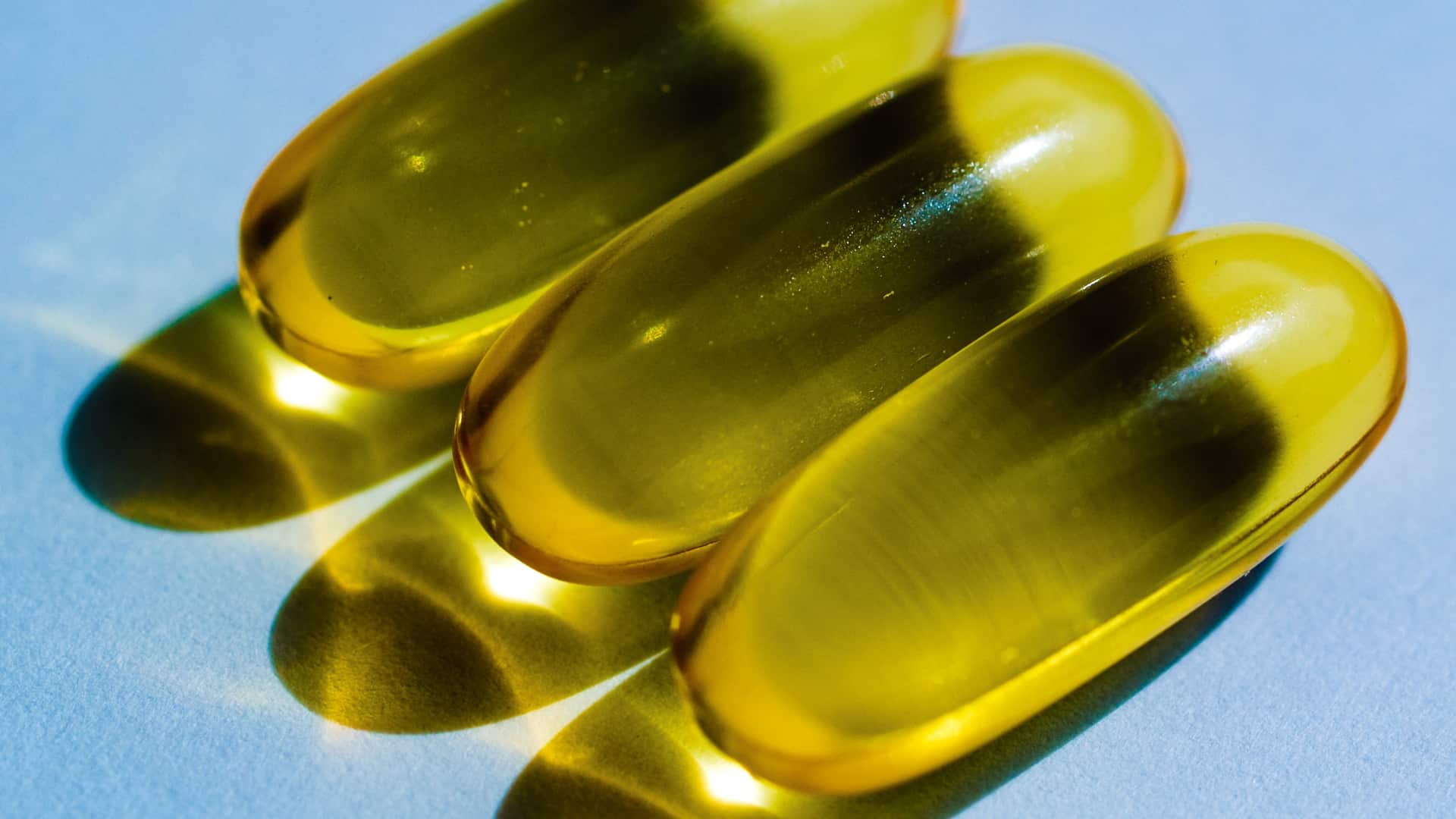
How Much Vitamin D Should You Take?
The safe dose of vitamin D supplementation to get most of the population to the...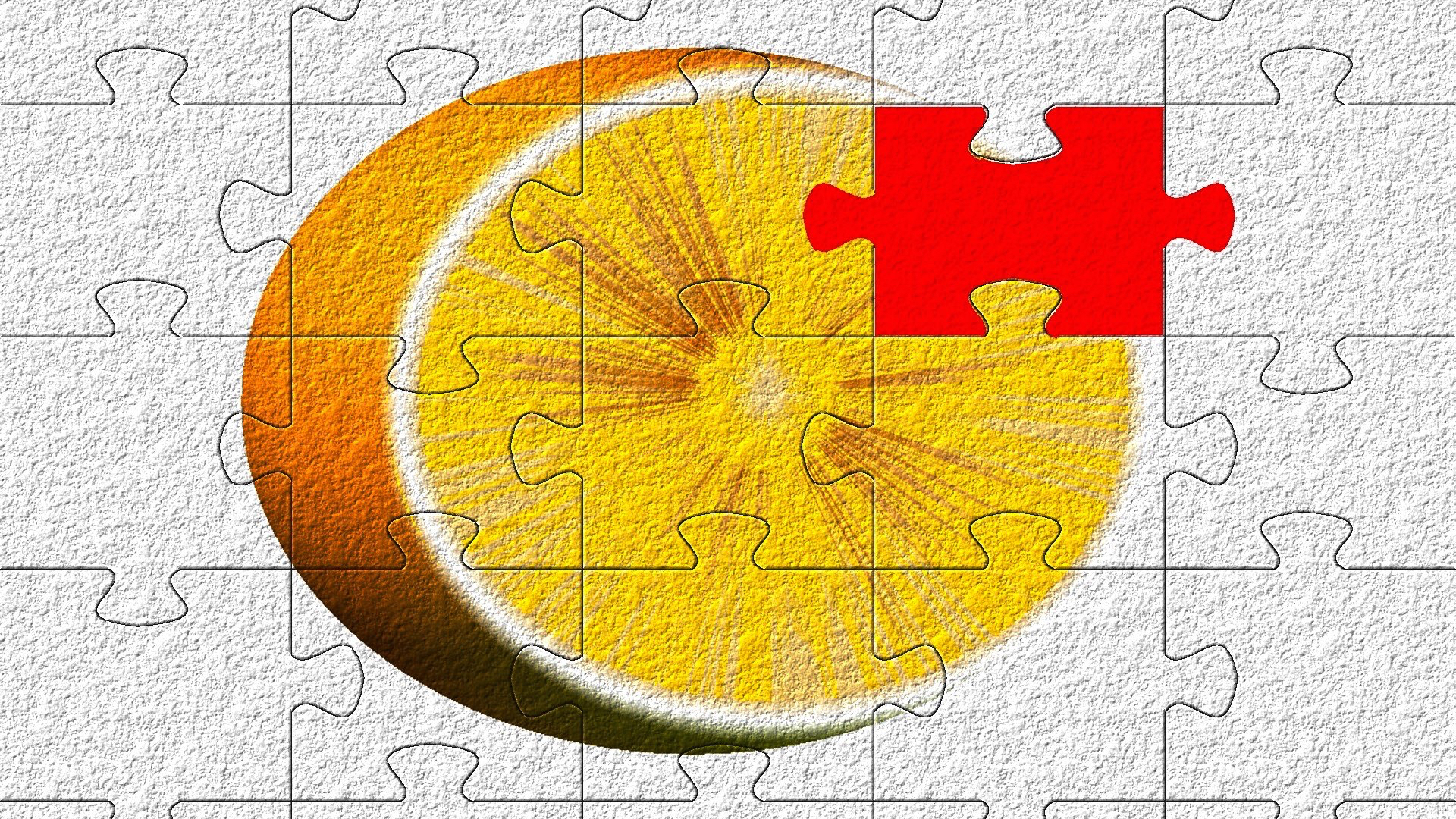
Reductionism and the Deficiency Mentality
How the food, drug, and supplement industries have taken advantage of the field of nutrition’s...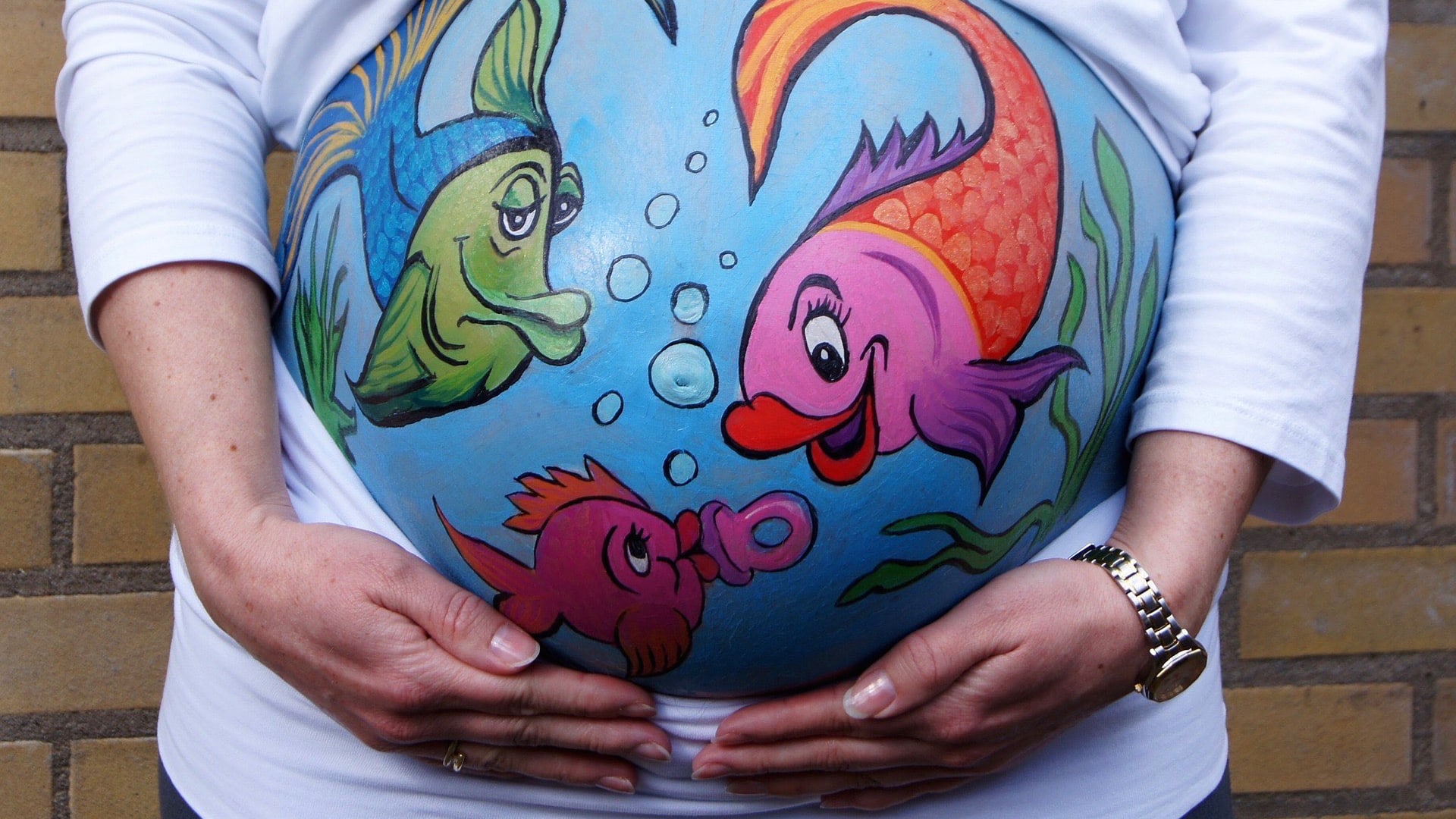
Should Vegan Women Supplement with DHA during Pregnancy?
I recommend all pregnant and breastfeeding women follow the consensus guidelines to get about 200mg...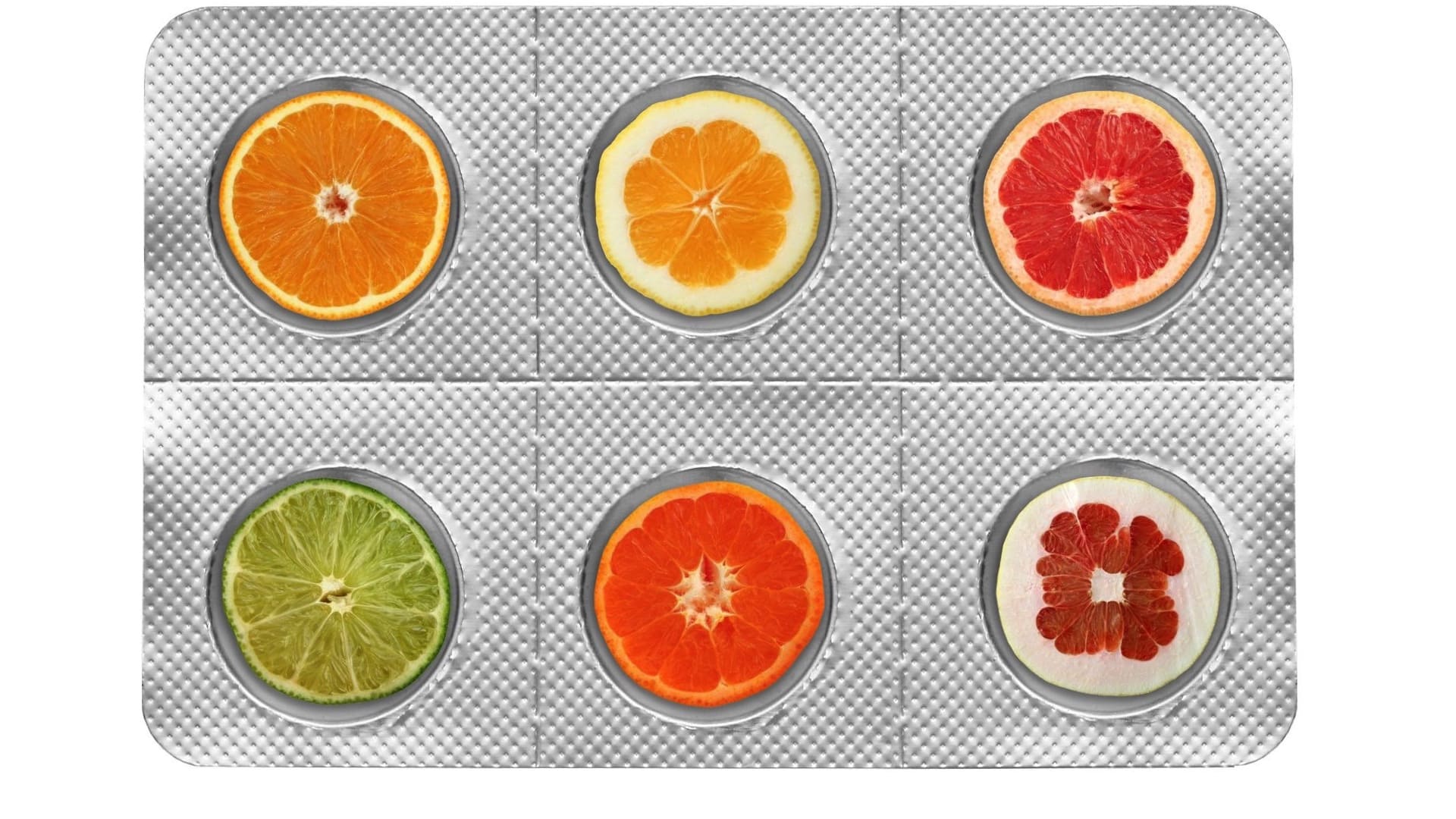
Industry Response to Plants Not Pills
The whole food is greater than the sum of its parts: how unscrupulous marketers use...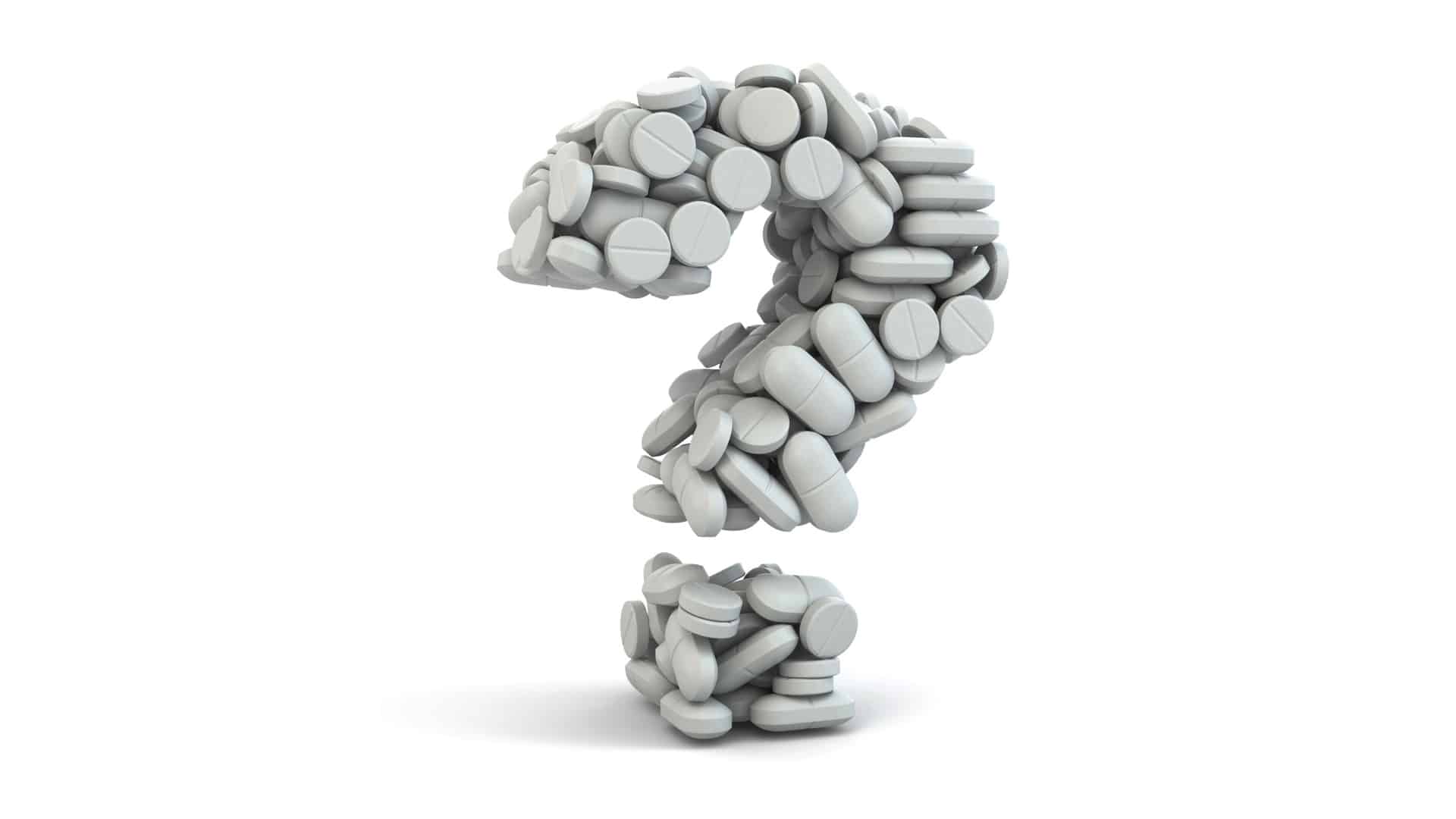
Are Calcium Supplements Effective?
What is the optimal daily dietary calcium intake and might benefits for your bones outweigh...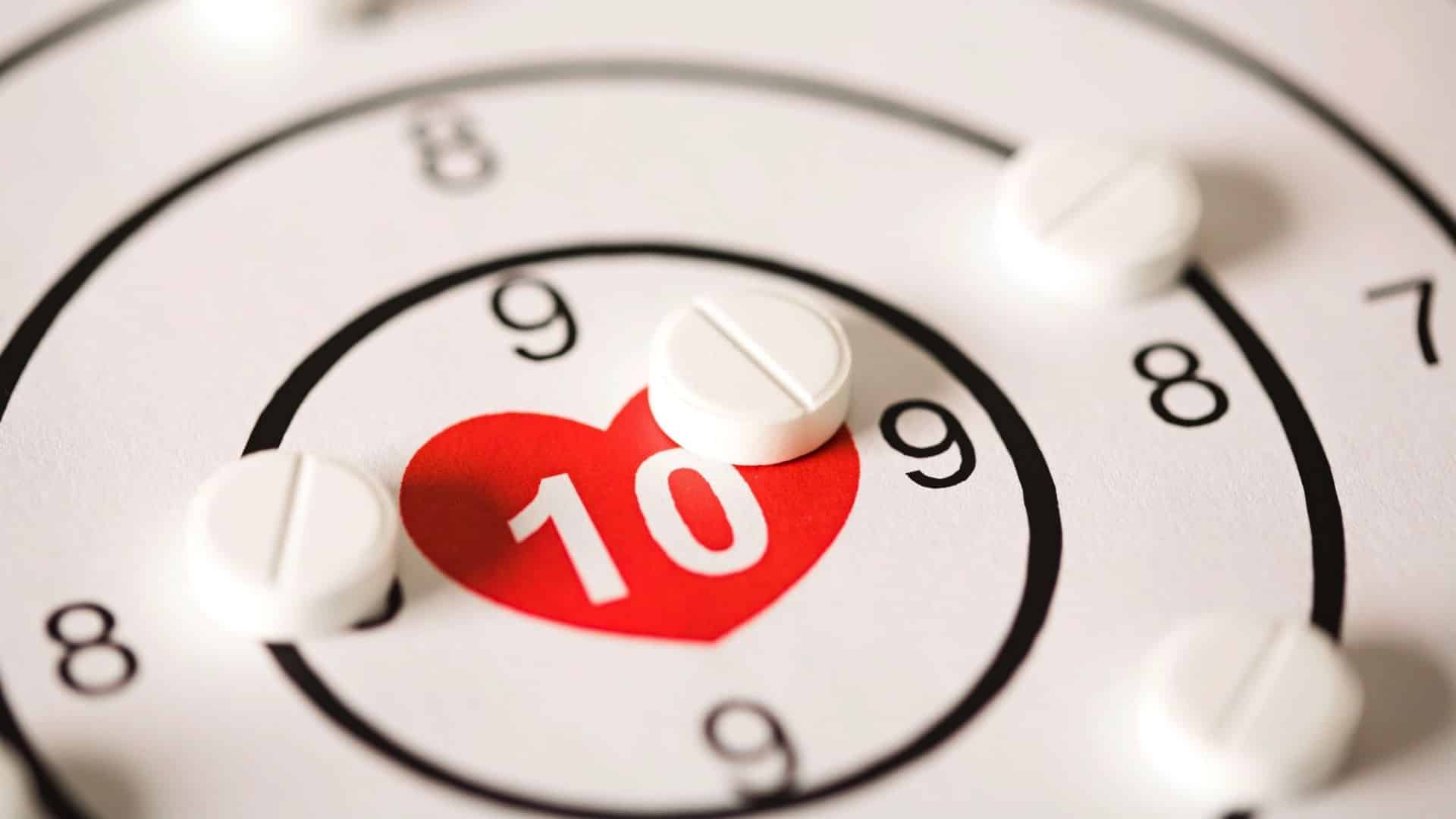
Are Calcium Supplements Safe?
The unnaturally large, rapid, and sustained calcium levels in the blood caused by calcium supplements...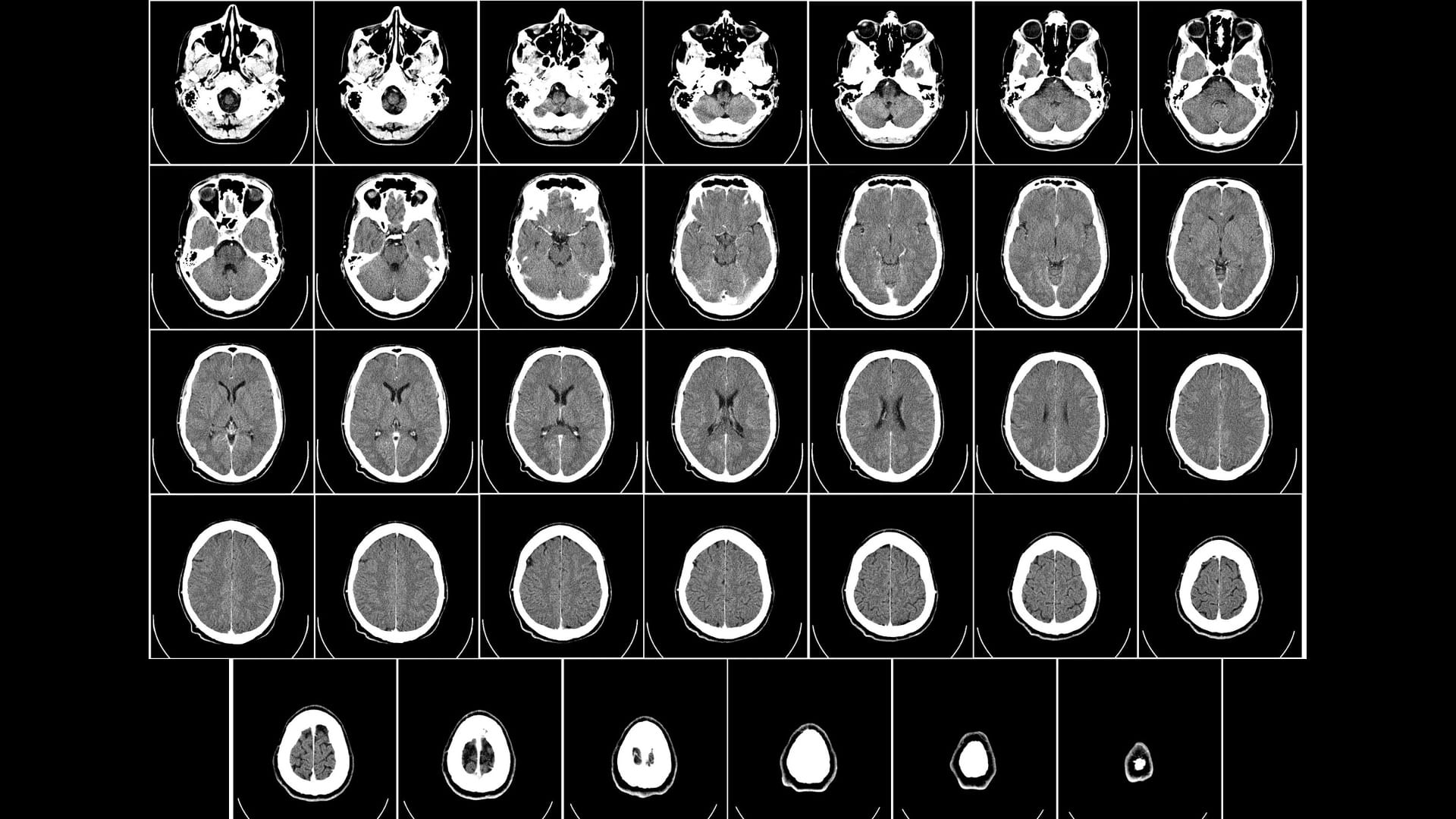
Preventing Brain Loss with B Vitamins?
One week on a plant-based diet can significantly drop blood levels of homocysteine, a toxin...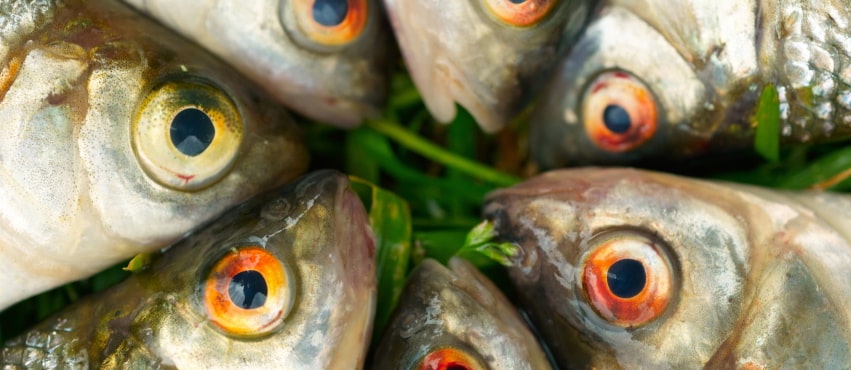
Is Fish Oil Just Snake Oil?
Advice to eat oily fish, or take fish oil, to lower risk of heart disease,...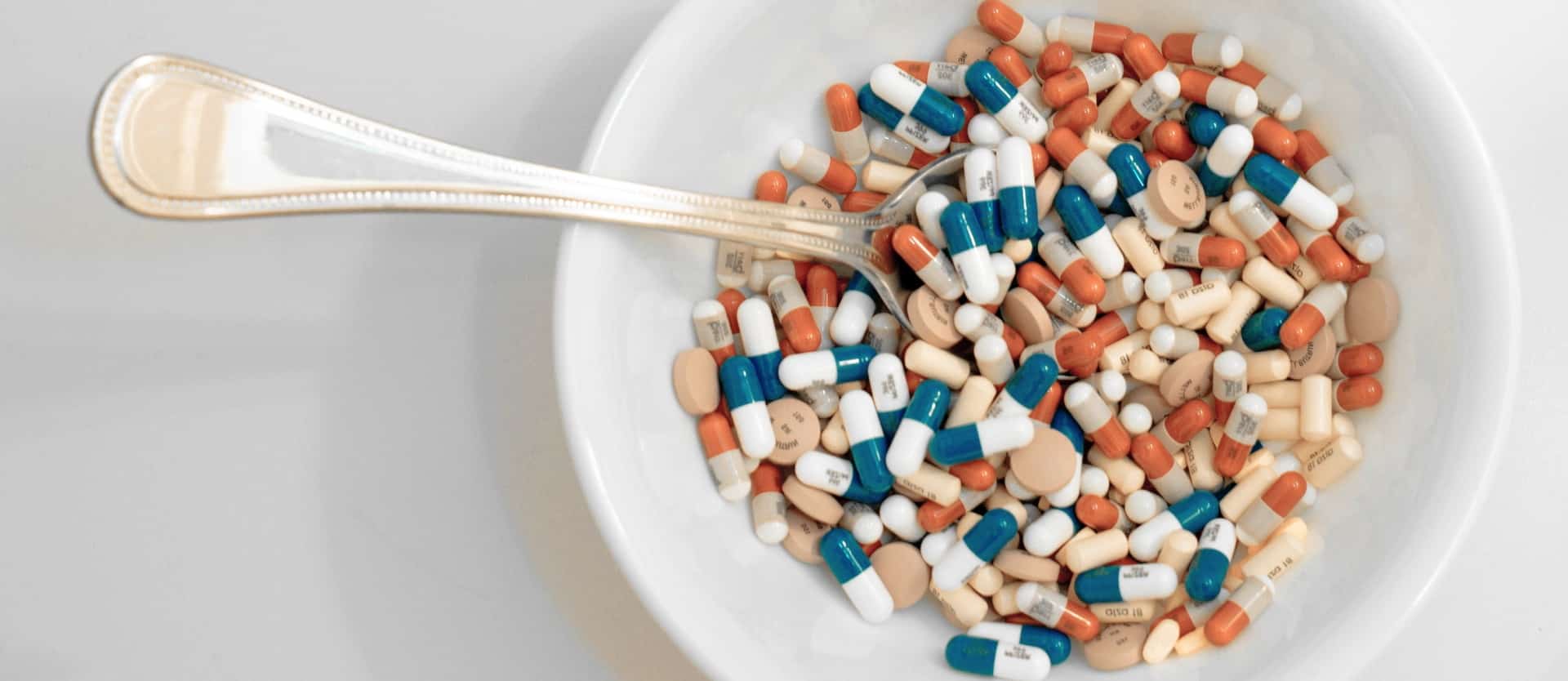
Should We Take a Multivitamin?
What does the best available science say about the role multivitamins may play in heart...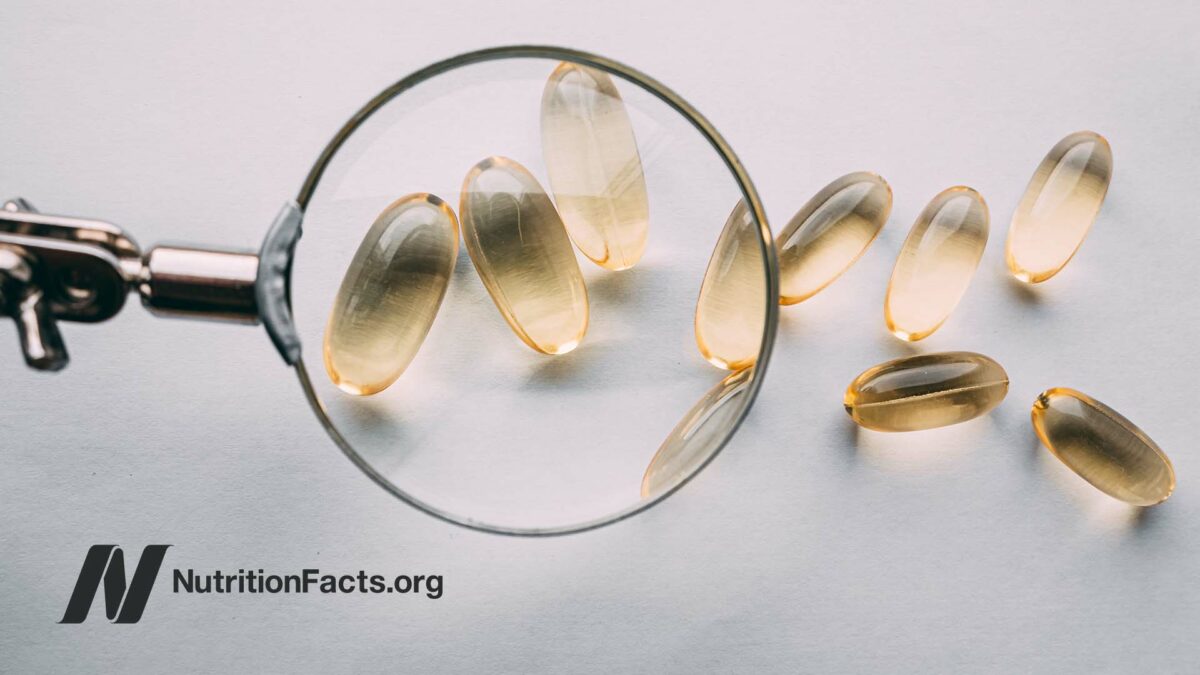
Is Vitamin D3 Better Than D2?
Vitamin D3—sourced from sunlight exposure, animal, and plant sources—may be preferable to vitamin D2 sourced...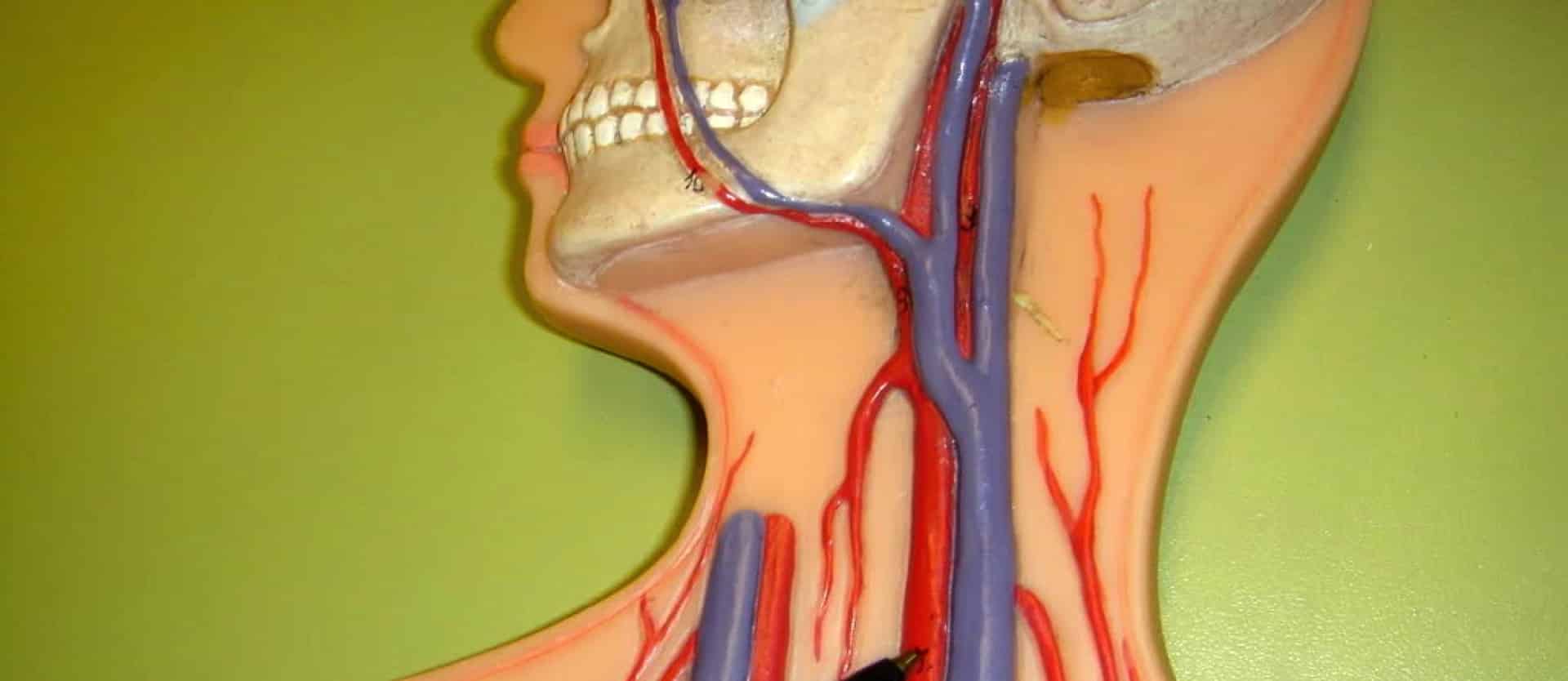
Vitamin B12 Necessary for Arterial Health
The cardiovascular benefits of plant-based diets may be severely undermined by vitamin B12 deficiency.All Videos for Supplements
-

The Third Way to Boost NAD+
How can we conserve NAD+ by preventing overactivation of the enzymes PARP-1 and CD38, which guzzle NAD+?
-

Which NAD+ Booster Is Best?
You can naturally get your body to make more NAD+ by boosting the NAD+ synthesizing enzyme NAMPT.
-

Risks of NAD+ Boosting Supplements
Particular caution should be used for NAD+-boosting supplements by those with cancer, a personal or strong family history of cancer and perhaps also by those with inflammatory disorders and certain active infections.
-

Lesser-Known NAD+ Boosting Supplements—Tryptophan, NADH, NMNH, and NRH
What are the pros, cons, and efficacy of dihydronicotinamide riboside (reduced NR), perhaps the most potent NAD+ precursor, as well as reduced NMN, taking NAD+ directly, or making it from scratch from tryptophan?
-

Risks and Benefits of Nicotinamide Mononucleotide (NMN), a NAD+ Booster
NR may just be a waste of money, safe but ineffective. NMN seems similarly useless in humans, but it may not even be safe.
-

Risks and Benefits of Nicotinamide Riboside (NR), a NAD+ Booster
The suppression of NAD+ synthesis by NR in humans may explain the disparate rodent results.
-

Risks and Benefits of Nicotinamide (NAM), a NAD+ Booster
The metabolism of NAM may deplete our methylation capacity, interfering with the normal metabolism of hormones and neurotransmitters, and produce a neurotoxic compound in the process.
-

Risks and Benefits of Nicotinic Acid (NA), a NAD+ Booster
Given niacin’s decades of use as a cholesterol drug, we have a good idea of its safety profile.
-

Can NAD+ Boosters Increase Lifespan and Healthspan?
The effects of NAD+ boosters on aged rodents have been described in the medical literature as “profound,” “dramatic,” and “remarkable,” but do they help people?
-

Do NAD+ Levels Decline with Age?
What is NAD+ and what role does it play in the aging process?
-

Melatonin Supplements for Sleep and Anti-Aging?
The secretion of melatonin appears to progressively decline with age, dropping as much as 70 percent between middle and older age.
-

Supplements for Sarcopenia (Age-Related Muscle Loss)
HMB, magnesium, omega 3s, and vitamin D are put to the test for muscle strength and function.
-

The Best Way to Boost NAD+: Supplements vs. Diet (webinar recording)
The pros and cons of all the NAD+ supplements and what are the ways to boost NAD+ naturally with diet and lifestyle?
-

Do Vitamin E Supplements Have Benefits for Cancer, Immunity, and Longevity?
Those who buy vitamin E supplements may in effect be paying to live a shorter life.
-

The Benefits and Side Effects of Probiotic Supplements
Probiotics can actually interfere with microbiome recovery after antibiotics, rather than facilitate it.
-

Are Fish or Fish Oil Supplements Good for the Heart?
Five massive new trials have been published recently, randomizing tens of thousands to various formulations of fish oil versus placebo.
-

The Benefits and Dangers of Chlorella
I explain why I no longer consume chlorella.
-

Toxins in Blue-Green Algae, Like Klamath Lake AFA (Aphanizomenon flos-aquae)
Why do I recommend staying away from blue-green Algae?
-

Herbalife Supplements and Liver Toxicity
Herbalife supplements are considered to be a well-established cause of serious liver injury.
-

The Downside to Banana Smoothies for Polyphenol Absorption
An enzyme in bananas can destroy some of the phytonutrients in berries and cocoa, but there is a way to reduce the effect.
-

Cognitive Stimulation, Music Therapy, and Cryostimulation to Improve Cognitive Function
What were the findings of an analysis of common, non-drug, non-supplement, non-lifestyle approaches to dementia prevention and treatment?
-

The Best Supplement to Prevent Skin Cancer
Oral nicotinamide has been shown to prevent skin cancers in high-risk patients and cause precancerous lesions to disappear.
-

Benefits and Side Effects of Chondroitin for Osteoarthritis
Why do some clinical guidelines recommend chondroitin supplements but others do not?
-

Benefits and Side Effects of Glucosamine for Osteoarthritis
Billions are spent on glucosamine supplements every year. Do they work? Are they safe?
-

Side Effects of Resveratrol Supplements
Resveratrol supplements may blunt some of the positive effects of exercise training.
-

Resveratrol Tested for Alzheimer’s, Arthritis, and Osteoporosis
Resveratrol appears to triple the rate of age-related brain shrinkage.
-

Does Resveratrol Benefit Our Metabolic Health?
Which conditions have resveratrol supplements been shown to help?
-

How to Boost Collagen Synthesis with Diet
Which foods can increase collagen deposition and prevent wrinkles?
-

Collagen Supplements for Arthritis
Can collagen beat out placebo for knee osteoarthritis?
-

Do Collagen Supplements Work for Skin Aging?
I assumed that collagen proteins would get completely broken down in the digestive tract, but I was wrong.
-

Ginkgo and Nicotinamide for Glaucoma Treatment
How do two common supplements stack up against glaucoma, the leading cause of irreversible vision loss in the world?
-

Adrenal Fatigue: What It Is and How to Treat It
Embraced by naturopaths, functional medicine, and anti‐aging doctors, does so-called adrenal fatigue even exist?
-

The Benefits and Side Effects of Ginseng
What do more than 100 clinical trials on red ginseng, white ginseng, and American ginseng show?
-

Is Aging a Disease?
Aging is arguably one of the most important unsolved problems of humanity, yet less than 0.1 percent of the federal research budget is spent on understanding the aging process.
-

Ginkgo Biloba as a Brain Health Supplement for Dementia
Ginkgo does not seem to play a role in preventing cognitive decline or dementia, but it may play a role in treating it.
-

DHEA: What Is It and What Are Its Benefits?
DHEA levels naturally decline with age. Does replenishing youthful levels have restorative effects?
-

The Side Effects of Human Growth Hormone as an Anti-Aging Therapy
Taking human growth hormone (somatotropin) may actually accelerate the aging process.
-

Do Vitamin D Supplements Help Prevent Diabetes, Cancer Mortality, and Overall Mortality?
Randomized interventional trials are necessary to establish cause-and-effect.
-

Soy Foods for Menopause Hot Flash Symptoms
Soy can be considered a first-line treatment for menopausal hot flash and night sweat symptoms.
-

Does Prevagen Really Work?
Why did the makers of Prevagen settle a class action lawsuit in 2020 with the FTC over deceptive business practices and false advertising? Is Prevagen safe?
